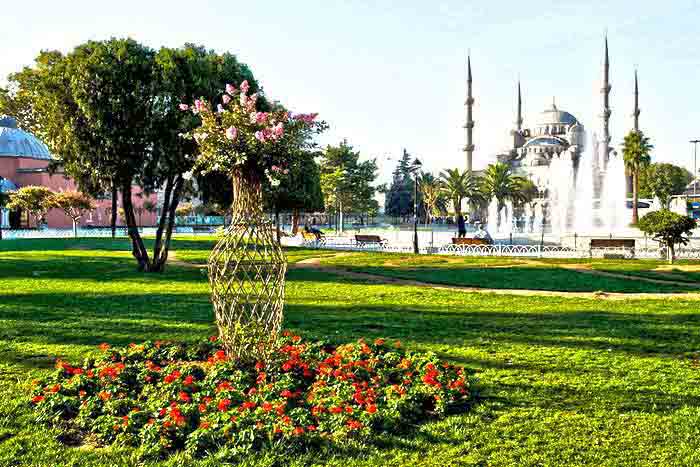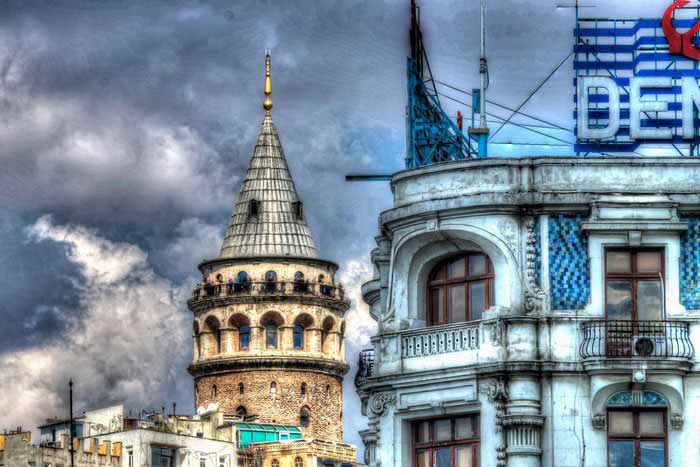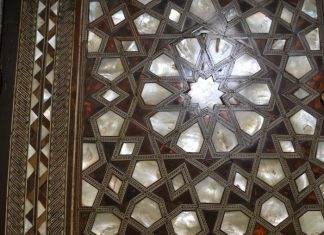31. By humbling the pride or jealousy of his people, Basil made his own road to power an easy one. He was careful, moreover, to close the exit-doors on the monies contributed to the treasury. So a huge sum of money was built up, partly by the exercise of strict economy, partly by fresh additions from abroad. Actually, the sum accumulated in the imperial treasury reached the grand total of 200,000 talents.**19 As for the rest of his gains, it would indeed be hard to find words adequately to describe them. All the treasures amassed in Iberia and Arabia, all the riches found among the Celts or contained in the land of the Scyths– in brief, all the wealth of the barbarians who surround our borders– all were gathered together in one place and deposited in the emperor’s coffers.
After the Egyptian style
In addition to this, he carried off to his treasure-chambers and sequestrated there, all the money of those who rebelled against him and were afterwards subdued. And since the vaults of the buildings made for this purpose were not big enough, he had spiral galleries dug underground, after the Egyptian style, and there he kept safe a considerable proportion of his treasures. He himself took no pleasure in any of it: quite the reverse indeed, for the majority of the precious stones, both the white ones (which we call pearls) and the coloured brilliants, far from being inlaid in diadems or collars, were hidden away in his underground vaults.
Meanwhile Basil took part in his processions and gave audience to his governors clothed merely in a robe of purple, not the very bright purple, but simply purple of a dark hue, with a handful of gems as a mark of distinction. As he spent the greater part of his reign serving as a soldier on guard at our frontiers and keeping the barbarians from raiding our territories, not only did he draw nothing from his reserves of wealth, but even multiplied his riches many times over.
32. On his expedition against the barbarians, Basil did not follow the customary procedure of other emperors, setting out at the middle of spring and returning home at the end of summer. For him the time to return was when the task in hand was accomplished. He endured the rigours of winter and the heat of summer with equal indifference. He disciplined himself against thirst. In fact, all his natural desires were kept under stern control, and the man was as hard as steel. He had an accurate knowledge of the details of army life, and by that I do not mean the general acquaintance with the composition of his army, the relative functions of individual units in the whole body, or the various groupings and deployments suited to the different formations.
Read More about Basil II part 8








